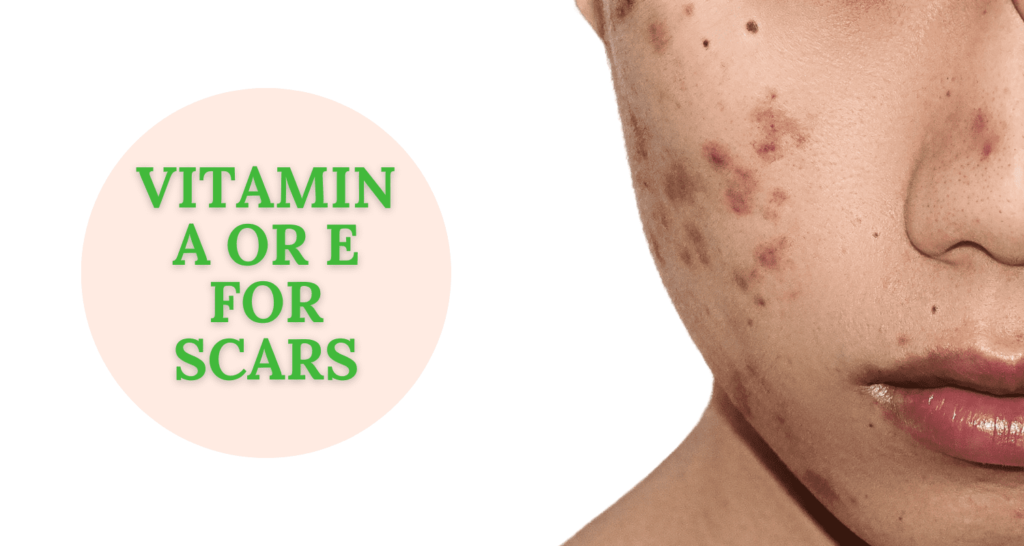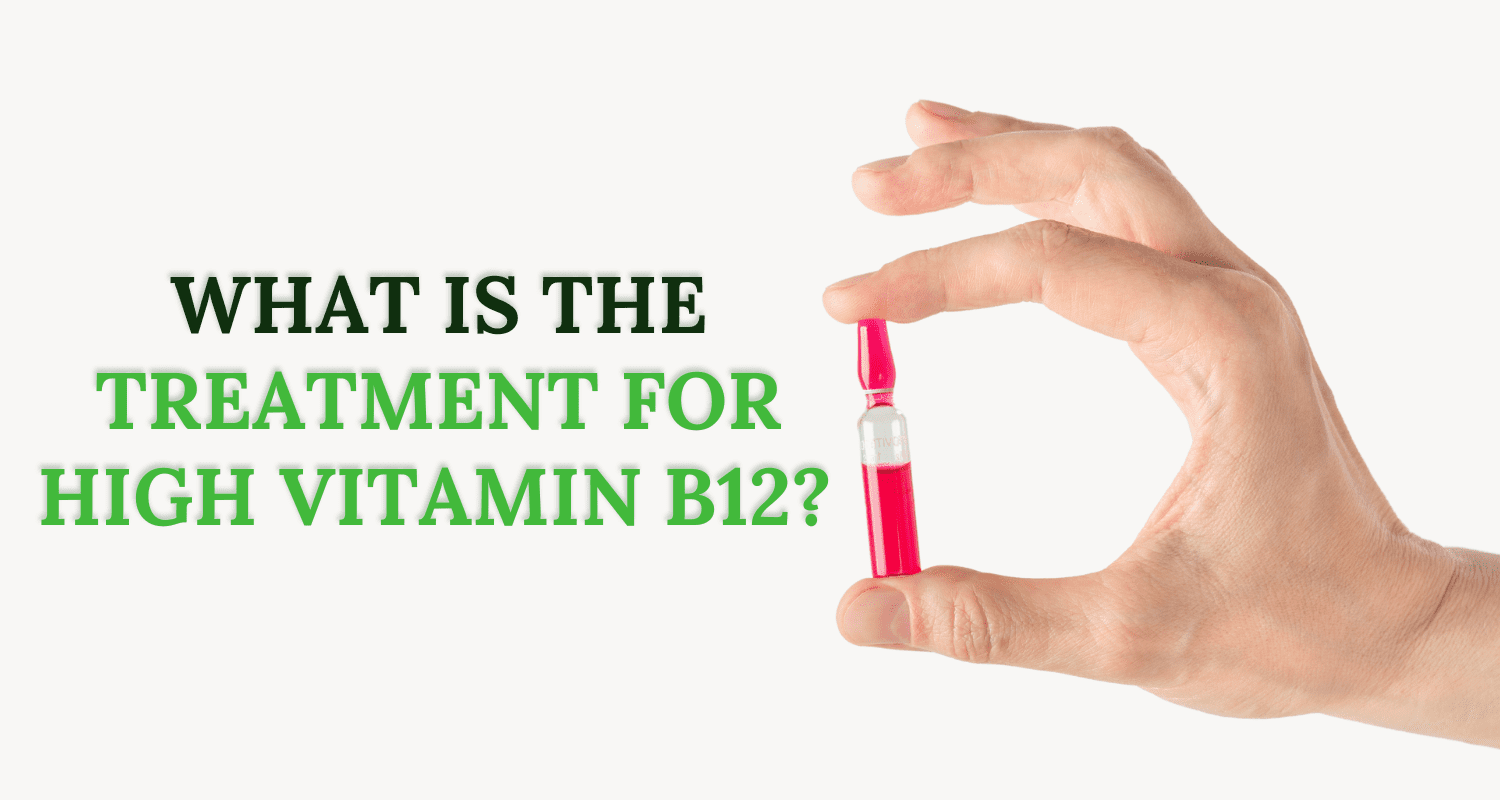Did you know scars impact over 100 million people around the globe?
This includes scars from surgeries, accidents, or acne. Scars can deeply affect our confidence and how we see ourselves.
Many turn to vitamins A and E hoping to heal scars.
But, which one works best, Vitamin A or E for scars?
In this article, we’ll understand the role and importance of vitamins A and E for scars. We’ll also explore which is best- Vitamin A or E for scars backed by research.
Let’s dive into which is best: Vitamin A or E for scars?
Key Takeaways:
- Vitamin A and E are commonly tapped for scar healing.
- In vitamin A or E for scars, studies hint that vitamin A, especially retinoids, might be better at reducing scars.
- Vitamin E may not help much with scars and could cause problems.
- There are other ways to fade scars, like massage and laser therapy.
- More research is essential to firmly say how well vitamins A and E treat scars.
The Role of Vitamin E in Scar Healing
Vitamin E is an antioxidant that some people think helps heal scars.
However research shows it might not be helpful for scars after all.
In fact, putting vitamin E on your skin could cause irritation.
Even though vitamin E is good for your health, it doesn’t specifically help with scars. There’s no real proof that it works for scar treatment.
Vitamin A for Scar Healing
Vitamin A, especially retinoids, is big in skin health and scar healing. It helps make collagen, heal wounds, and make scars less visible.
Retinoids, a kind of vitamin A, are key in treating scars, like those from acne. Creams with vitamin A work well to make scars less noticeable and skin smoother.
Vitamin A boosts cell growth makes more collagen, and leads to healthier skin. It helps skin cells regenerate. This reduces scars and makes them feel smoother.
Also, vitamin A is great for acne scars. It cuts down inflammation from acne, making skin smoother and scars less obvious.
Remember, results from vitamin A treatments can differ. Always check with a skin doctor to find the best treatment for you.
List of benefits of Vitamin A for scar healing:
- Stimulates cell turnover
- Enhances collagen production
- Promotes healthier skin appearance
- Minimizes scar visibility
- Improves scar texture
- Reduces inflammation in acne scars
- Promotes smoother skin surface
Vitamin A is a good choice for those wanting to make scars less visible and boost skin health.
Vitamin A or E for Scars Healing
When looking into scar treatments, it’s key to check the facts between Vitamin A or E for scars.
Many studies show that vitamin E might not help scars look better. Actually, it could irritate the skin more.
Vitamin A, particularly retinoids, is different. It helps scars heal better and makes skin smoother. The market is full of retinoid creams that help with scars.
Even though vitamin E is good for health, it’s not the best for scars.
Vitamin A, on the other hand, has proven benefits for skin healing. This makes it a trusted choice for improving scars.
It’s smart to talk to a skin specialist before choosing a scar treatment. They can give advice that fits your needs.
Keep in mind, that what works for one person may not work for everyone.
Alternative Scar-Fading Techniques
Topical vitamin A or E can help with scar healing. But, there are other methods to fade scars too.
Choosing a method depends on the scar’s type and how serious it is.
1. Scar Tissue Massage
Massaging scar tissue breaks down collagen fibers. It also boosts blood flow to the area.
This can make the scar softer and less visible over time.
2. Steroid Injections
Steroid injections can lower inflammation and make raised scars flatter. This is true for keloids or hypertrophic scars.
It makes the scar look and feel better.
3. Prescription Cleaners and Wound Care Medications
There are drugs and cleaners for scars, not just vitamins.
These can stop infections and help wounds heal right. They lower the chance of bad scarring.
4. Silicone Gel or Sheets
Silicone gel or sheets protect the scar.
They keep moisture in and flatten the scar, all while lowering redness. Both old and new scars can get better with these.
5. Laser Therapy
Laser therapy uses light to break down scar tissue. It helps make more collagen.
This makes scars smoother and less easy to see. It works for many scar types, like from surgery or acne.
6. Chemotherapy
Chemotherapy, with drugs like 5-fluorouracil (5-FU), treats raised scars on the skin.
These drugs make the scar smaller and the raised parts flatter.
Talk to a health expert before picking a scar-fading method. They can look at your scar and say which treatment might work best for you.
The Importance of Inflammation in Scar Formation
Inflammation is key in how scars form. After injury or surgery, the body responds, starting scar creation.
The immune system sends out chemicals during this phase. They clean and guard the wound. This helps stop infection and lets new tissue grow.
But, too much inflammation isn’t good.
It can make too much collagen, leading to scars that are thick or keloid.
Inflammation and Scar Formation
If inflammation doesn’t go away, it can slow healing. Scars may be raised, red, or itchy.
They stand out more than we might want. To help scars heal better, it’s critical to lessen inflammation.
We can do this in several ways:
- Using creams or gels that fight inflammation
- Taking anti-inflammatory medications
- Applying cold packs to lessen swelling
- Lifting the injured part to help blood flow and decrease swelling
Vitamins A and E might help with inflammation, but it’s not sure yet. We need more studies to see if they truly affect scar healing.
Remember, how scars form depends on many things, such as genetics and the size and place of the wound. Talking to a doctor or skin expert can help find the best way to care for scars.
The Need for Further Research
There are stories and some evidence about Vitamin A and E helping scars heal.
But, we need more research to be sure.
Right now, we don’t have enough studies that focus on how these vitamins affect scars, especially in kids.
We must do carefully planned studies to know how Vitamin A and E help with scars. These studies need lots of people and need to follow them for a long time.
This will show us how these vitamins work over time.
Scars differ and people heal differently. So, it’s important to figure out how Vitamin A and E help with different scars. We need to understand exactly how these vitamins work in healing.
The Importance of Controlled Trials
To know which works better: vitamin A or E for scars, we need controlled trials. These studies compare the vitamins to a placebo or other treatments.
They must be random to be fair.
- We could try putting vitamin A or E on scars for some people, and a fake cream for others. Then, we see who heals better. This helps us see if the vitamins make a difference.
- Trying different amounts of vitamins on scars would show the best dose for healing. Knowing the right amount can help people get better results.
Focusing on Different Populations
Scar healing changes based on age, skin, and health. That’s why research should look at how vitamins A and E work for different people.
- Studying kids is key because they heal in unique ways. We need to understand how these vitamins affect kids’ scars. This can lead to better treatments for them.
- Looking at how vitamins help with different scars, like acne or surgery, can teach us a lot. This information can help us create better treatments for everyone.
Future research should focus on controlled trials and various people. This approach will give us strong proof about vitamins A and E in healing scars. Science will then guide us in treating scars effectively.
In the end, we have some early evidence that vitamins A and E might help scars. But, we need more research to be sure.
Doing controlled trials and including diverse people in studies will help us understand these vitamins better.
Then, we can use this knowledge to improve scar treatments.
Conclusion
In summary, vitamin A or E for scars, studies show that vitamin A could work better than vitamin E for scars.
Vitamin A helps make more collagen, heals wounds faster, and makes scars less visible.
On the other hand, vitamin E might not help much and can even cause issues like skin irritation.
But, it’s important to remember more research is needed to be sure which is the best Vitamin A or E for scars.
We need more studies focused on how Vitamin A and E affect scars. This is especially true for different groups, like kids, to get clear answers.
If you’re looking at ways to treat scars, talking to a doctor is the best step. They can offer advice suited just for you.
They’ll help you choose the right treatment and support you through your healing process.
FAQs
Which is better for scars, vitamin A or E?
Both Vitamin A and E have benefits for scars, but vitamin E is often preferred for its antioxidant properties that can help promote healing and reduce scar appearance.
How to use vitamin E to remove scars?
You can apply vitamin E oil directly to scars, massaging it gently into the skin twice daily for several weeks to see potential improvement in scar appearance.
Is vitamin E better than coconut oil for scars?
Vitamin E and coconut oil both have moisturizing properties, but vitamin E is typically favored for scar treatment due to its potential to promote skin healing and reduce scar appearance.
Why avoid vitamin E after surgery?
Vitamin E may thin the blood, increasing the risk of bleeding and interfering with the healing process, so it’s generally recommended to avoid it immediately after surgery.
Does vitamin E heal wounds?
Vitamin E can support wound healing by moisturizing the skin and reducing inflammation, potentially speeding up the healing process.
Does vitamin E really fade scars?
While some people may experience improvements in scar appearance with vitamin E, its effectiveness varies, and results may not be guaranteed for everyone.
Disclaimer: This content, including advice, provides generic information only. It is not a substitute for a qualified medical opinion. Always consult a specialist or your doctor for more information. Nutrition Cult does not claim responsibility for this information.




